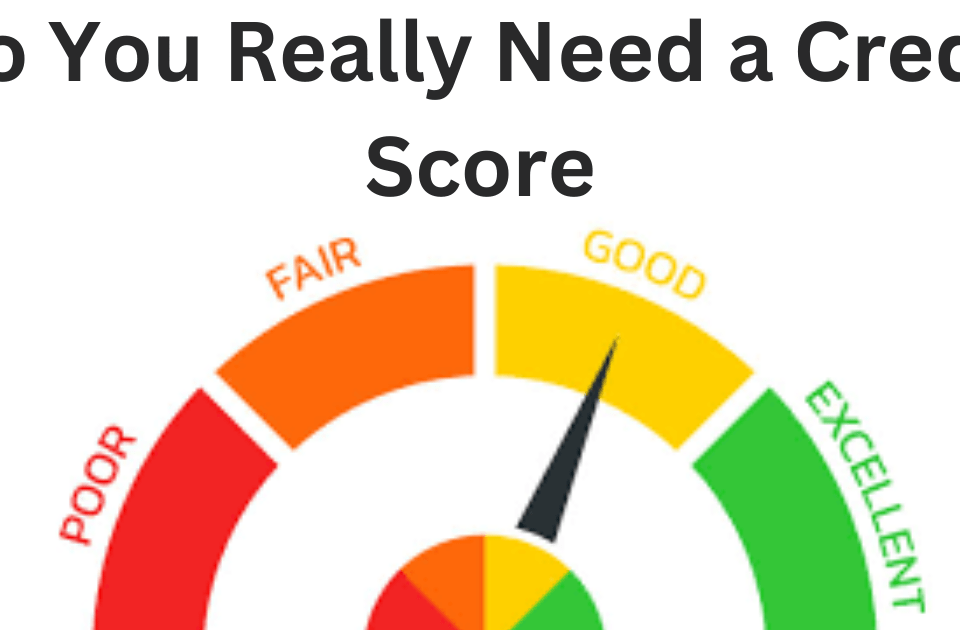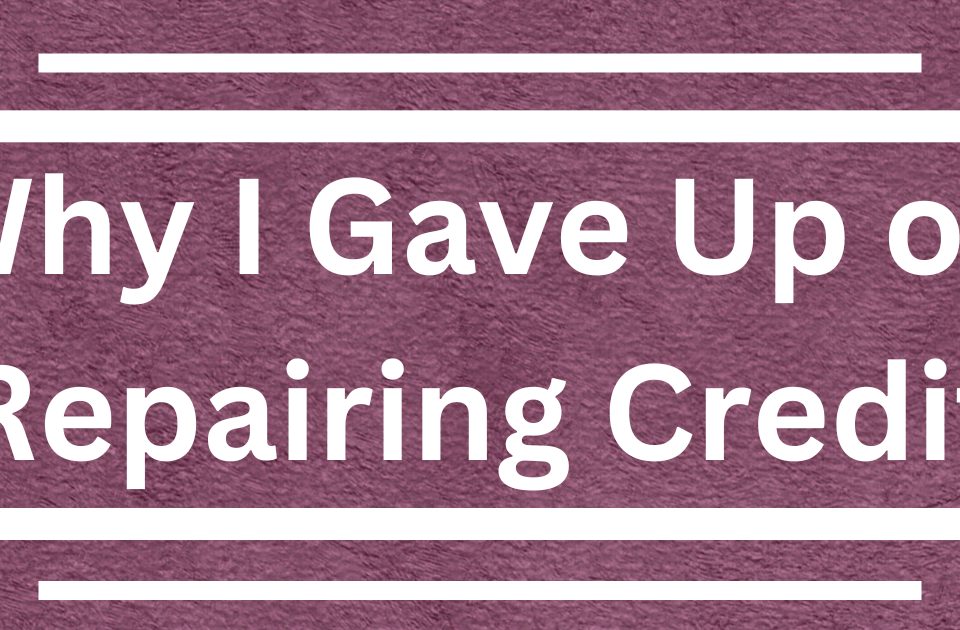The most common method of coming up with your rating is called a FICO score, named after the Fair Isaac Corporation who invented it. Your current credit rating status is prioritized, in this order:
- Payment history, which comprises a whopping 35% of your FICO score. This includes everything, from the timeliness of your payments, to the number of bills you have failed to pay, to the bills that have been forwarded to collection companies.
- Outstanding debt, which comprises 30% of your FICO score. This would tell the lending company how much of your existing credit is being eaten up by existing loans.
- Length of credit history, which comprises 15% of your FICO score. If you have been paying a loan of significant amount over a long period of time, then this would fare well with the lending companies as it establishes a level of commitment they would want to see.
- Credit balance, which comprise 10% of your FICO score. Credit balance is the difference between the current amount of your existing loans and the original amount of the same. The bigger the balance, the lower your FICO score.
- Recent inquiries, which comprise 10% of your FICO score. An inquiry is equivalent to a loan application. The more inquiries you have, the lower your FICO score would be.
Why is your Credit Rating is important? Because any time you get turned down for a credit card or any other loan, the chances are that it was because of your credit rating. Companies giving out small loans are far more likely to rely completely on this rating than to bother checking your income, and a worse rating will mean that you are offered a higher interest rate.
Your credit rating is important when you get car loans and mortgages too. You don’t want to find a house you love only to get turned down for the mortgage thanks to your habit of paying your credit card bills late.
There will always be those times when we would find ourselves in a financial rut. These are the times when bills become due almost simultaneously, when satisfying them is rendered impossible by the other financial demands of our life.
Acquiring loans would help bail us out of these difficulties. In certain cases, loans are quite necessary for our survival. It would be to our best interests that securing a loan be easy and almost guaranteed. A good FICO score would help achieve this, and give us a better position to resort to loans whenever the needs arises.
So how do you to check your credit rating? Credit reference agencies can’t hold your information on file without telling you about the information they have on you. Write all three credit reporting agencies a letter and, if you have to, pay a very small fee to have them send you the full credit report they have on you. Actually, new laws allow you to get a free copy of your credit report once per year. Contact each credit reporting agency for details.
You can then check over your credit rating, and send a letter back to the agency telling them about anything that you think isn’t right. You might find that an error has made you look bad when it wasn’t your fault. They will include anything you send in your file. If the error turns out to be resolvable since it was not your fault, your credit report will be corrected.






